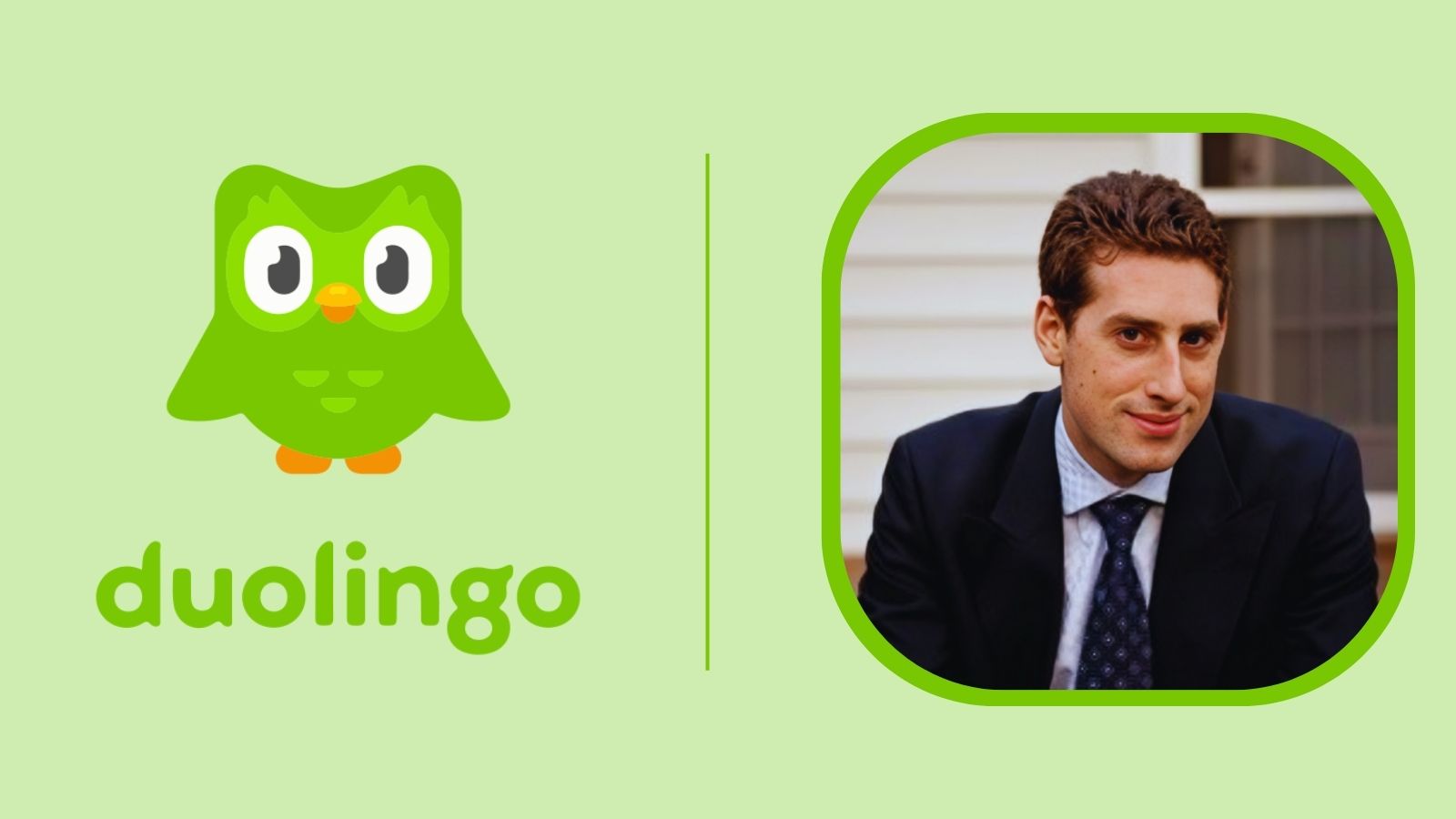
Talking about the genesis of Duolingo, Colombo said that the app was started in 2012 by Luis von Ahn, the creator of Captcha, and Swiss computer scientist, Severin Hacker. The executive said that the company’s focus on language evolved from its practical impact on the earning potential of an individual. Unlike other educational pursuits that require one to complete courses for job applications, language skills can immediately enhance job prospects across various sectors, according to Colombo.
He admitted that the pandemic proved to be transformative for the app’s growth. “There was such a big increase in demand globally that changed how we do everything, and it started to make us more of a household name.” This explosion in the app’s popularity coincided with its social media presence gaining traction, further consolidating its position in pop culture.
Why India is a key market
For Duolingo, India represents a significant growth opportunity as the country is its fifth-largest market. “India has been growing organically for a long time,” said Colombo, with daily active users exceeding a million. Over time, the platform has adapted to India’s linguistic diversity by offering courses in Hindi, Bengali, and Telugu. The global VP said that the Tamil and Punjabi courses are in the development stage.
When it comes to the strategy for the Indian market, accessibility seems to be Duolingo’s prime focus. Colombo said that considering the prevalence of Android devices in India, Duolingo has been dedicating resources to optimise Android performance and maintaining a small app size to reach users in rural areas. “We’re making such increased investments in India,” he said, including plans to expand their presence with new hiring in Bengaluru for product and engineering positions.
Duolingo entered India in 2016 as an English learning course for Hindi speakers. The company later introduced Bengali in 2022 and Telugu in 2023. Today, in terms of daily active users, India is the fifth largest market for the company. Based on ranking, English, Hindi, Japanese, French, German/Spanish, and Korean are the most learned languages on the app in India. 78 per cent of Indian learners on the app are under 30. According to the company, new learners in India are primarily motivated by factors such as academic studies, professional growth, brain training, connecting with family members who speak foreign languages, and pure fun.
Story continues below this ad
When asked what makes Duolingo successful, Colombo said that it stemmed from the app’s user-friendly design and data-driven improvements. “We have this operating principle to reduce complexity,” he said, adding that the platform’s extensive user data has allowed precise tuning of the learning experience. “We have had a lot of data from all our users for so long and that has helped us tune the product to be so good – it stays fun and engaging, which is one of the biggest challenges of learning languages.”
The app was no longer limited to languages as it ventured into Math and Music education following its public listing. Colombo noted that this diversification aligned with the company’s original mission of universal education access. According to the executive, the music course exemplifies the company’s innovative approach. Revealing upcoming features, he said, “We’re going to be working on pitch detection so you can play a real instrument and it’ll show up and pick it up in the app.”
AI and language learning
Recently, Duolingo integrated artificial intelligence marking a significant transformation in its teaching methods. During the conversation, Colombo spoke about the sophisticated personalisation that goes into the platform. “We have AI models that can predict based on the log of everything you’ve ever done whether you’re going to get a certain exercise right or wrong.” According to Colombo, this technology allows the platform to create calibrated learning sessions that are “hard enough to be engaging but easy enough to not be discouraging.”
When asked how AI would shape language education, Colombo predicted, “A lot of language learning, if you look a few years down the road, is going to be generative AI-based”. The executive added that live conversation-based learning will become increasingly prevalent.
Story continues below this ad
When asked to describe Duolingo’s appeal, Colombo emphasised on three key attributes: “Fun, free, and effective.” According to him, this simple formula, backed by “some of the best linguists in the world,” has created a platform that maintains educational rigour while engaging users through its gamified interface.









